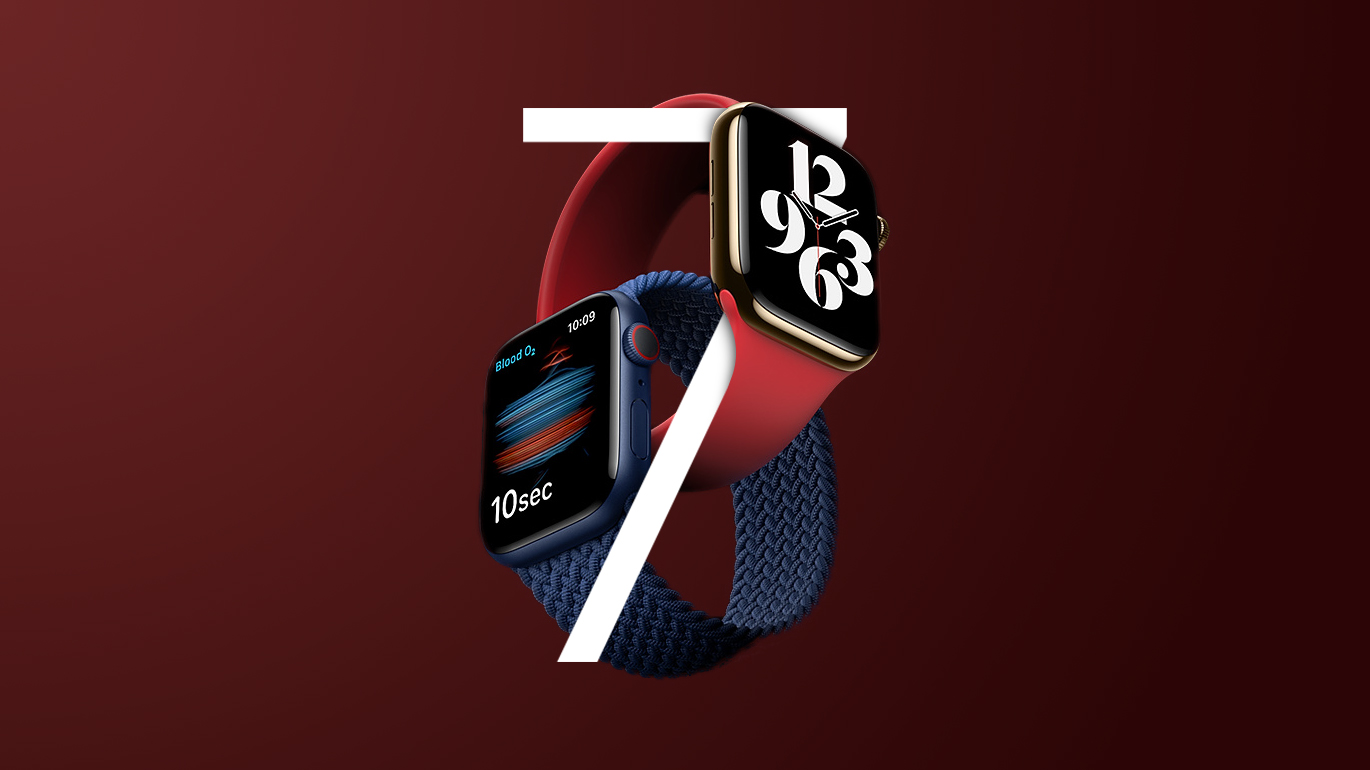
On Tuesday, Nikkei Asia published a report claiming the upcoming Apple Watch Series 7 will feature blood pressure measurement capabilities, and that this is one of the reasons why production of the device has hit snags as manufacturers adjust to the more complex design.

Later the same day, Bloomberg cited its own sources corroborating Nikkei's main claim that the new model had brought manufacturing challenges which could lead to supply constraints or shipment delays, but the subsequent report by Debbie Wu and Mark Gurman made no mention of Nikkei's claim about a blood pressure sensor being one of the causes of the production snags.
However, if there was any doubt, Gurman has now put to bed Nikkei's key assertion in a tweet, saying that there's "no chance" the Apple Watch Series 7 will have a blood pressure sensor.
That's not to say another future Apple Watch model won't have blood pressure smarts. Earlier this year, Apple was revealed to be the largest customer of the British electronics start-up Rockley Photonics, which develops non-invasive optical sensors for detecting multiple blood-related health metrics, including blood pressure, blood glucose, and blood alcohol levels.
Rockley's disclosure that its biggest client is Apple came about as the company prepared to go public in New York. Given the growth of Rockley Photonics and the scale of Apple's partnership with the company, it seems to be virtually inevitable that the company's health sensor technology will be coming to the Apple Watch at some stage, just not this year.
Apple is widely rumored to be planning an all-digital event for the middle of this month, where the company is expected to announce the iPhone 13 and Apple Watch Series 7, the latter of which is expected to have a new flat-edged design, larger case sizes, a faster processor, and battery improvements. For all the details, check out our Apple Watch rumor roundup.
Article Link: Gurman: 'No Chance' Apple Watch Series 7 Will Include Blood Pressure Sensor

